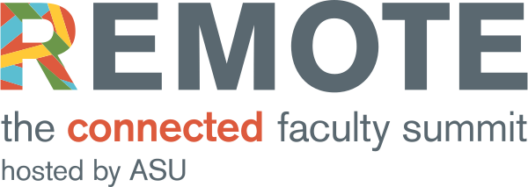Dr. Claude Tameze has served as Director & Chairman of the Department of Mathematical Sciences at Lincoln University for the past five years. During this time, he and his colleagues have implemented the use of ALEKS, an innovative and adaptive learning tool, along with a new pedagogical approach to their math lab courses that focuses on mathematics applications and critical thinking skills. These innovations address the unique challenges faced by majority-minority institutions. With mathematics situated at the heart of STEM, minority student success in early mathematics courses is critical to increasing diversity across all STEM fields. The interventions implemented by Dr. Tameze and his colleagues have generated measurable improvements in student success in the department’s entry-level and STEM gatekeeper mathematics courses, along with a host of data that suggest promising avenues for further innovation

